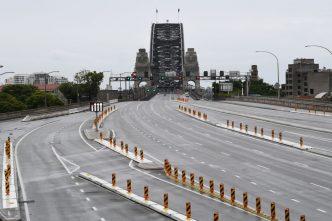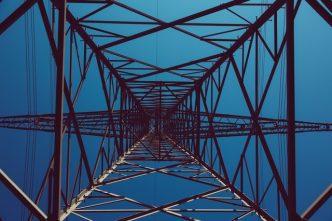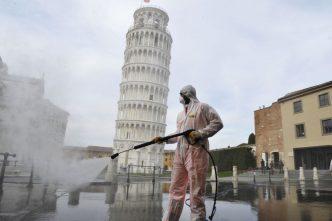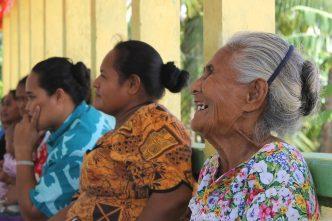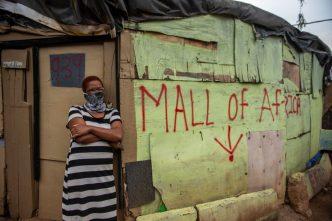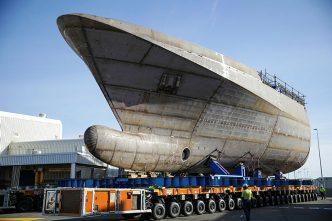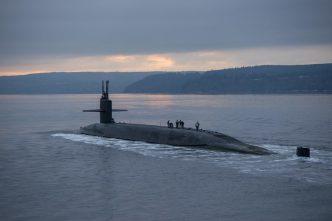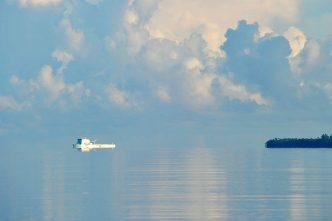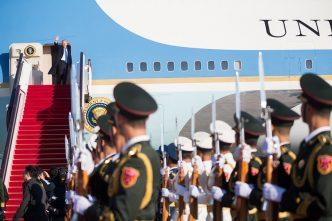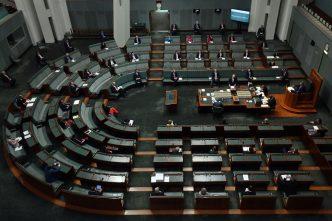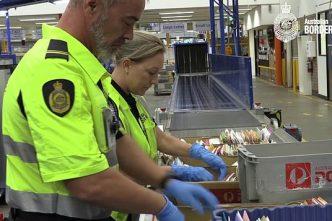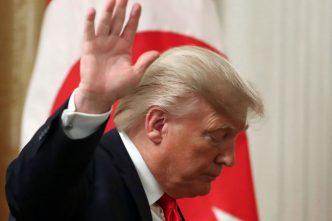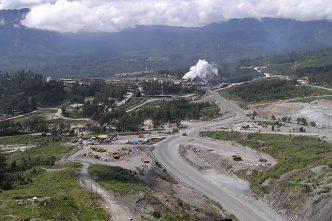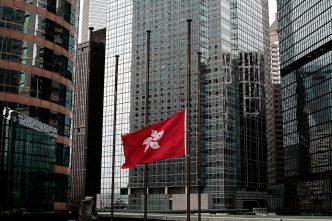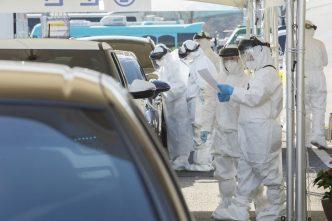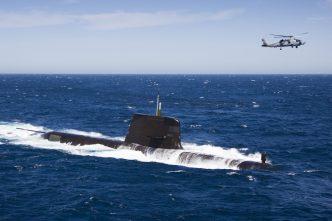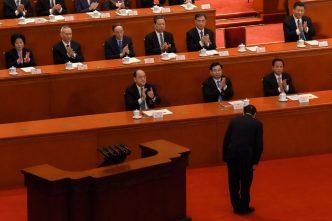In the years leading up to the global Covid-19 crisis, Australia, like many countries, failed to heed health specialists’ warnings on the likelihood and consequences of a global pandemic. Critical pandemic readiness was an insurance …
In this episode, Hannah Smith of ASPI’s International Cyber Policy Centre and the Australian National University’s Katherine Mansted speak about their new ASPI report, Weaponised deep fakes. Deep fakes are digital forgeries created through artificial …
The Covid-19 pandemic has changed the way we think about national resilience in the face of global crises. It’s shown us, brutally, how such disasters can cascade around an interconnected, interdependent world. It also invites …
As Winston Churchill once observed, too many people who ‘stumble over the truth’ will ‘pick themselves up and hurry off as if nothing had happened’. But in the case of Covid-19, the world has been …
This article is part of ASPI’s 2020 series on women, peace and security. Diverse women’s voices are often left out of discussions about security in the Pacific. This is despite this year marking two decades …
Africa is no stranger to epidemics and public health crises. Ebola is estimated to have killed more than 11,000 people in West Africa in 2014–16, and more recently claimed over 2,000 lives in the eastern …
In October 2019, Defence Minister Linda Reynolds announced that ‘Defence is working through a re-assessment of the strategic underpinnings of the 2016 Defence White Paper’. The review was to be completed in early 2020. Given …
Amid rapid geopolitical change at the start of the 2020s, unfolding now in the Covid-19 crisis, nuclear weapons manifest grim continuity with the previous century. Especially persistent is a capability that has existed since the …
Commentary on equipping the Australian Defence Force tends to focus on high-end combat capabilities such as frigates, fighter aircraft and armoured vehicles. Much less is written about the assets and infrastructure that support those capabilities. …
Having already claimed more than 227,000 lives and sent the global economy towards its deepest slump since the Great Depression, the Covid-19 crisis is bound to reshape geopolitics. While the contours of the post-pandemic order …
The rapid evolution of genomics over the past three decades, combined with the ‘dry runs’ of SARS, MERS and swine flu, created a genuine sense of optimism about the global capacity to respond to new …
The huge damage caused by Beijing’s initial mishandling of its public-health response to the coronavirus pandemic, as well as the Chinese Communist Party’s gross and mainly unsuccessful attempts to control the global narrative, have highlighted …
Around the globe, transnational serious and organised crime groups’ traditional business models are being disrupted by the Covid-19 pandemic. Most of these groups are in uncharted waters. Gareth Rice’s recent Strategist post, ‘Narcos in the …
The first global crisis of the post-American era is here. The fallout from the Covid-19 pandemic will shape the world for years to come. For the better part of a century, the United States has …
The Papua New Guinean government’s extraordinary decision to effectively nationalise the Porgera Gold Mine may open the door for the People’s Republic of China to step up its aggressive push to acquire mining interests in …
It may have gone unnoticed as the world continued to deal with the coronavirus pandemic that the Chinese Communist Party has taken the opportunity to effectively kill off Hong Kong’s ‘one country, two systems’ experiment. …
In a previous post, I described how three prime ministers, Gough Whitlam, Malcolm Fraser and Bob Hawke, appointed Robert Marsden Hope to conduct two royal commissions and another inquiry into the intelligence and security agencies …
South Korea experienced one of the world’s largest initial outbreaks of Covid-19 outside China. But, unlike the United States and many European countries, we have been able to contain and drastically reduce the spread of …
In the first part of this series, we saw that by late 2015, before the Defence Department had received industry responses in the competitive evaluation process for selecting the designer and builder of the future …
The one thing Australia can’t do as we get the pandemic under control is ‘snap back’ to the old ways of doing business with the one-party state that is the People’s Republic of China. The …
